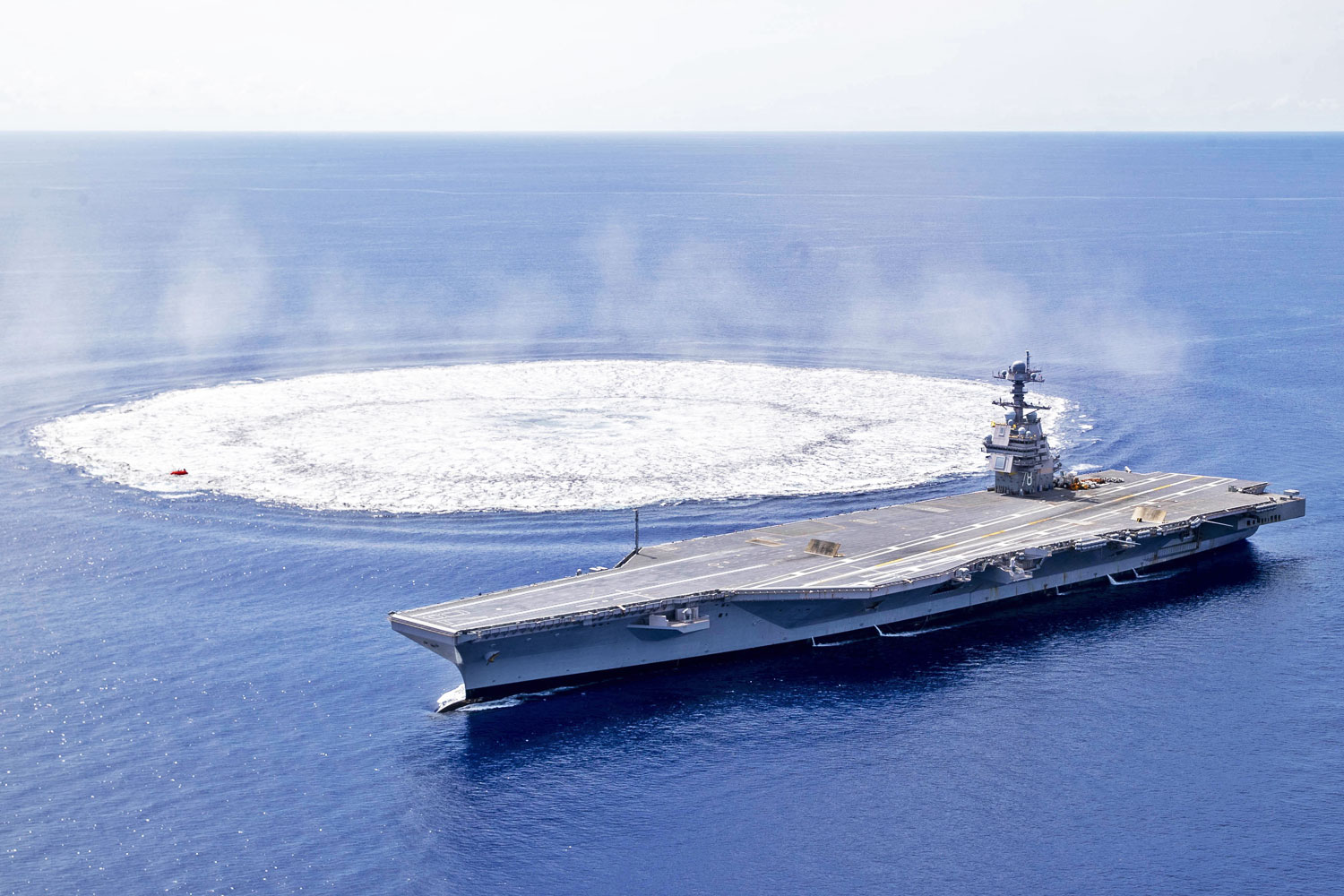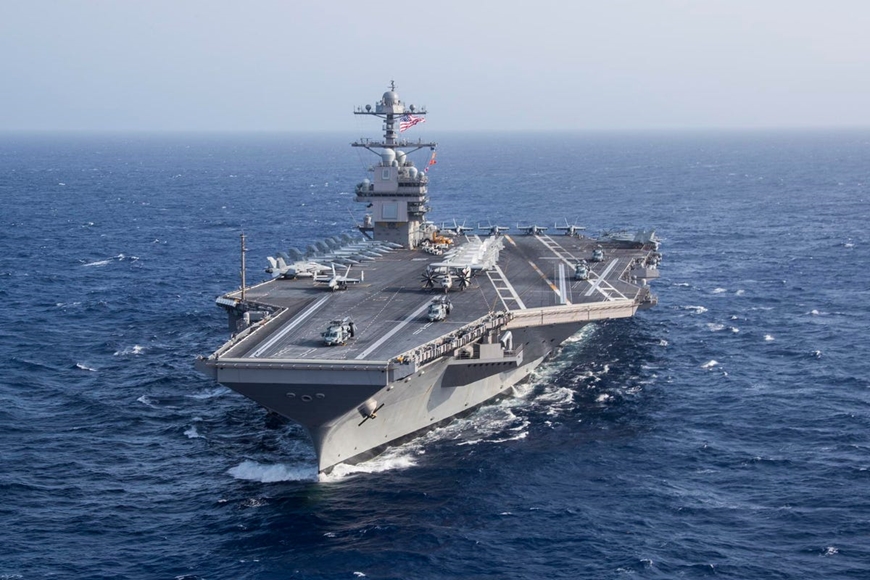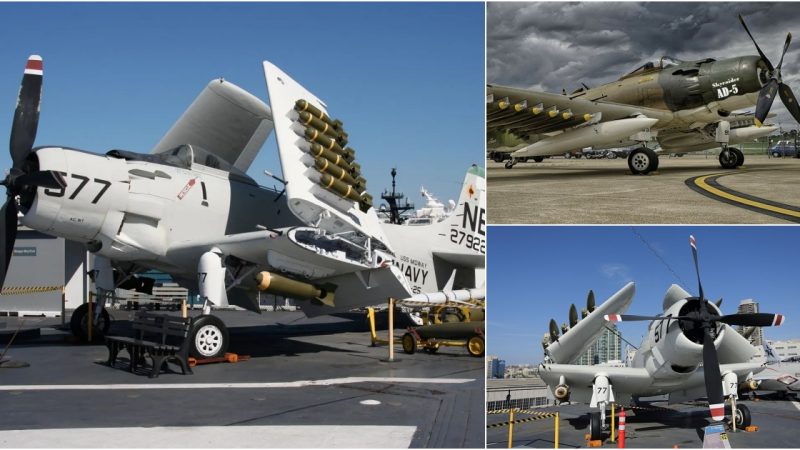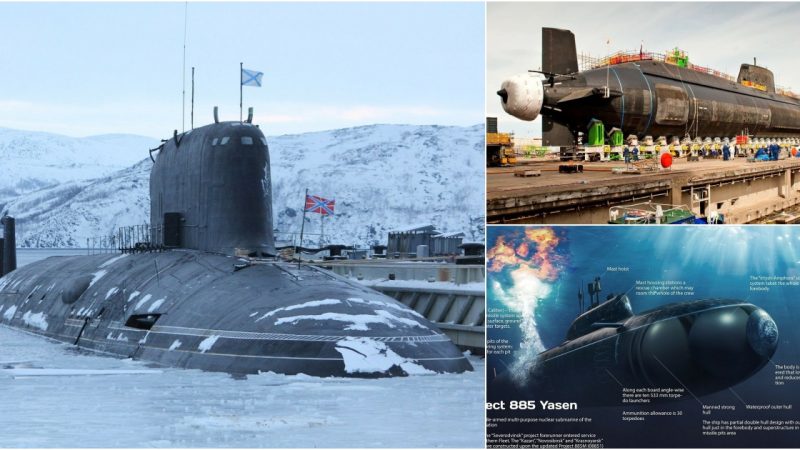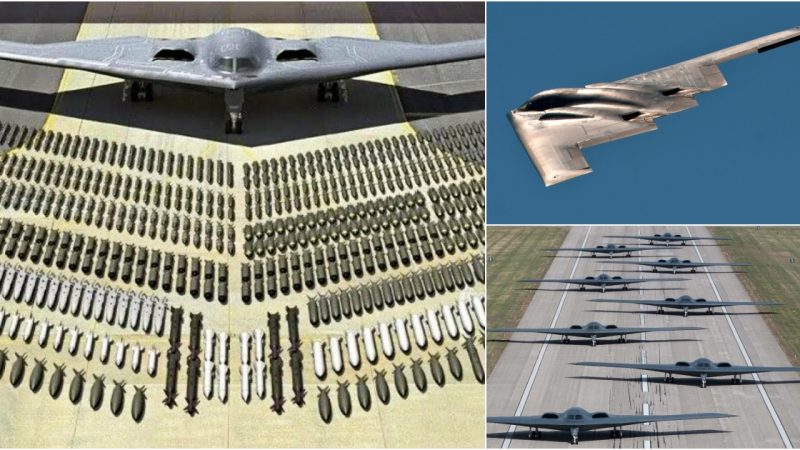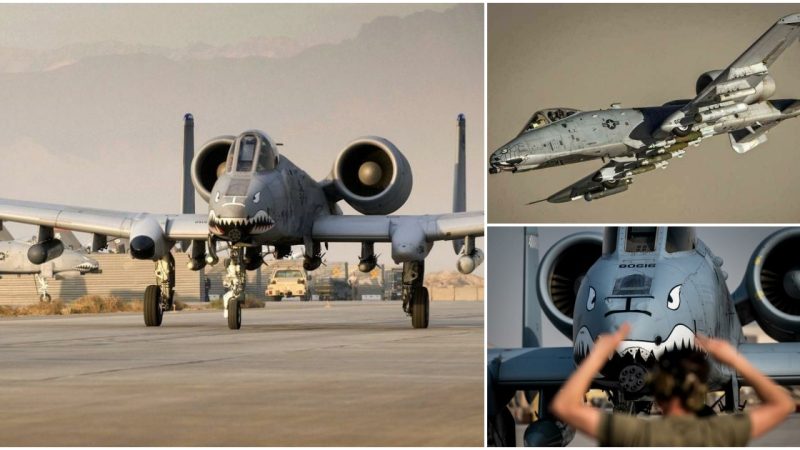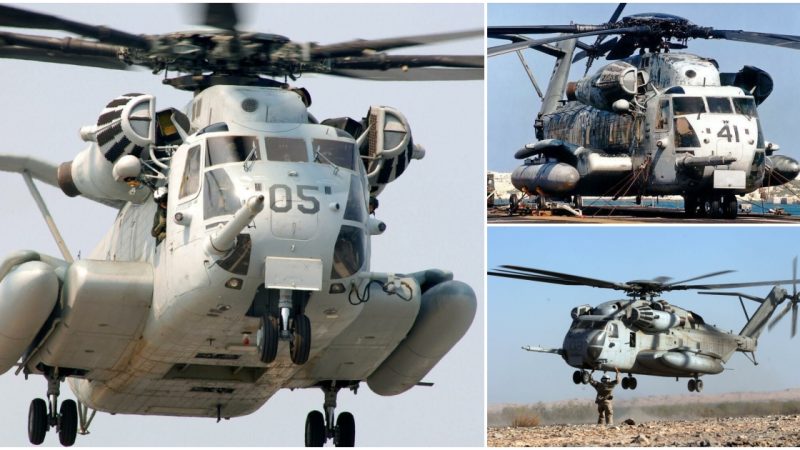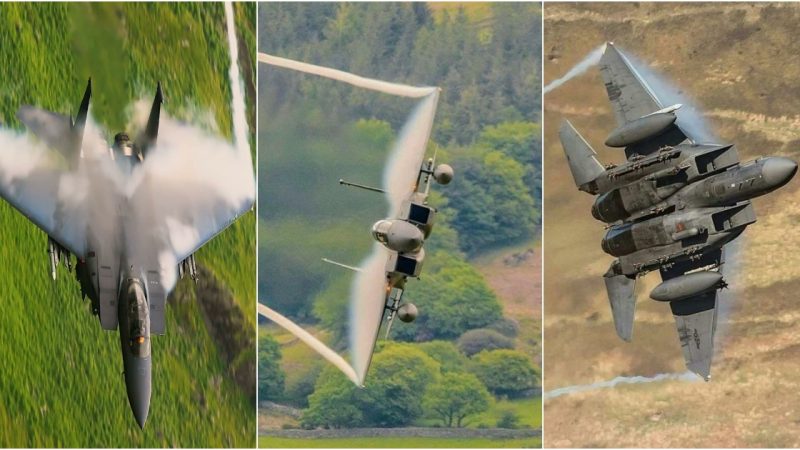U.S. Aircraft Carrier Readied for Combat Missions
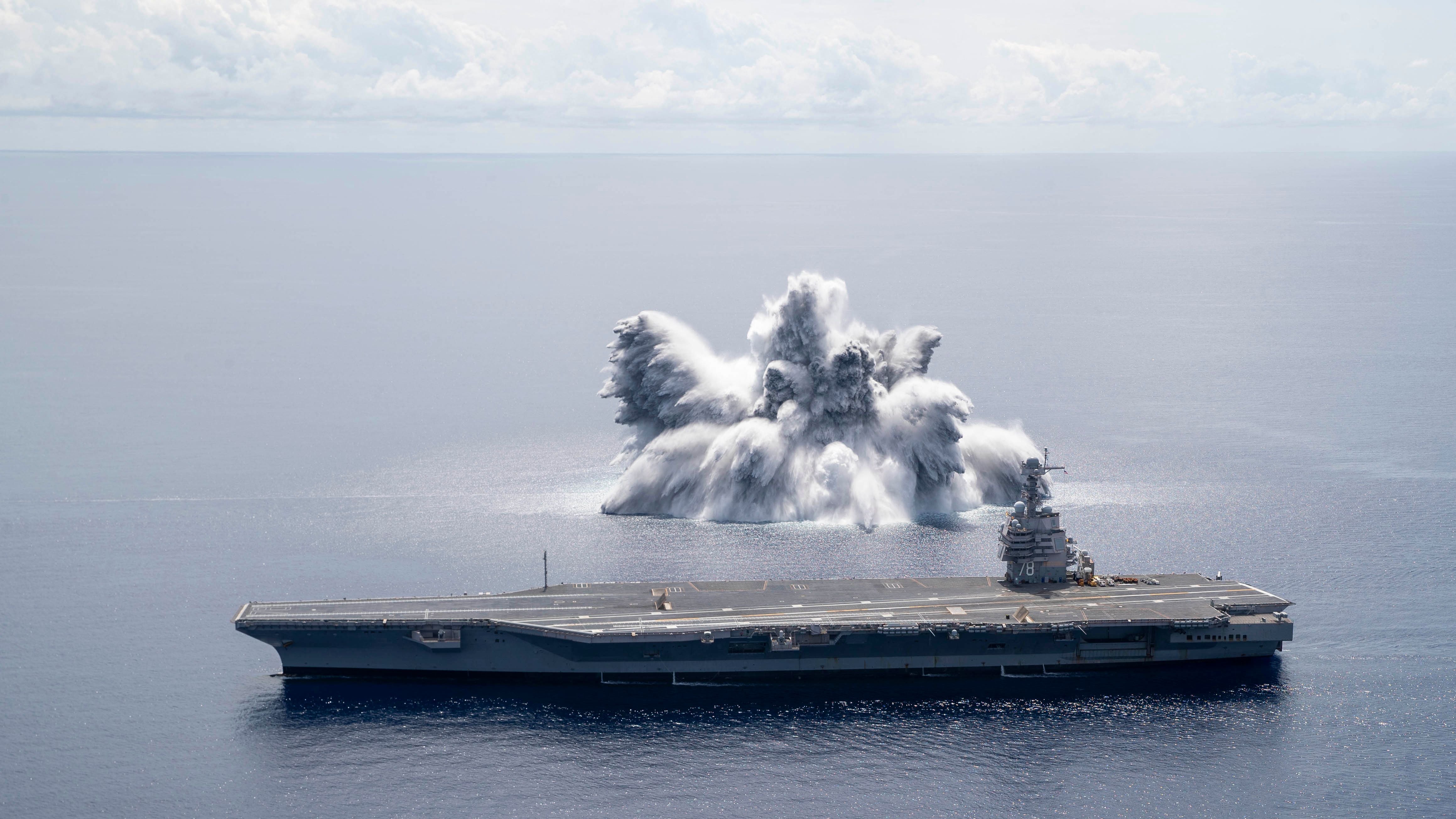
Recent reports from prominent military sources have highlighted the progress of the USS Gerald R. Ford, a state-of-the-art aircraft carrier named after the 38th President of the United States. The carrier has finally received its readiness certificate from the US Navy, albeit four years behind schedule. It is anticipated that the aircraft carrier will be deployed later this year, according to the report.
Brian Metcalfe, Ford Class Carrier Program Manager, has announced that the USS Gerald R. Ford achieved Initial Operational Capability (IOC) in December 2021. IOC signifies the certification of newly equipped weapons systems qualified for specific combat missions.
The USS Gerald R. Ford stands as the pioneer of the Ford-class aircraft carriers, set to replace the current Nimitz-class carriers. With a price tag of $13.3 billion USD, as indicated by a US Congress research agency, the USS Gerald R. Ford is the world’s most expensive ship.
This cost, however, does not account for the budget allocated to over 70 different aircraft types the carrier will accommodate, along with its accompanying escort fleet. The USS Gerald R. Ford can carry approximately 40-50 F/A-18E/F Super Hornets and F-35 Joint Strike Fighters, 19 MH-60 Seahawks, four E-2D Hawkeye early warning aircraft, and two MV-22B Osprey transport aircraft.
During its missions, the USS Gerald R. Ford will be escorted by guided-missile cruisers, destroyers, nuclear-powered attack submarines, and supply ships, showcasing the Navy’s integrated naval force capabilities.
The Navy Times has quoted the US Navy stating that the USS Gerald R. Ford recently completed flight test certification to operate aircraft on its deck. F/A-18E/F Super Hornets, E-2D Hawkeyes, and MH-60S helicopters executed more than 400 day and night takeoffs and landings during this process.
Captain Paul Lanzillotta, commanding officer of the aircraft carrier USS Gerald R. Ford, emphasized the importance of deck operation certification in preparing for the carrier’s first deployment. He expressed, “Certification to operate the aircraft on deck is an important milestone in preparation for our first deployment. We will have more tests and assessments in the next phase.”
The USS Gerald R. Ford is expected to continue sea trials this April to prepare for its inaugural mission deployment later this year. Rear Admiral John Meier, commander of the US Naval Air Forces Atlantic, noted that the USS Gerald R. Ford’s first mission will be relatively specialized.
This aircraft carrier will be deployed to test its actual performance and familiarize with combat operations undertaken by the US Navy, under the guidance of regional combat commanders, much like other ship deployments. However, unlike regular airports, the carrier’s dynamic environment adds unique challenges.
The construction of the USS Gerald R. Ford commenced in 2009. Due to difficulties in the construction process, it wasn’t until 2017 that the carrier was handed over to the US Navy. Technical problems associated with many new technologies equipped on the ship delayed its immediate operational readiness.
As the US Navy’s first advanced aircraft carrier class in decades, the Ford-class aircraft carrier is packed with cutting-edge technologies. Specifically, the ship is equipped with advanced radar systems, electromagnetic launch systems (EMALS), advanced weapon lifts (AWE), advanced suspension cable systems (AAg), and many other components.
However, the integration of so many new technologies has posed challenges for the USS Gerald R. Ford, causing it to encounter various technical problems. The most common issue pertains to AWE, which transfers missions and bombs from the ship’s compartment to the deck. The issues with AWE were only resolved last year.
Observers have noted that the readiness of the USS Gerald R. Ford to carry out combat missions is a positive development after more than a year of interruptions in its deployment plans over the past four years. This heralds a new era in naval aviation with enhanced combat capabilities for the US Navy.
Hits: 202
